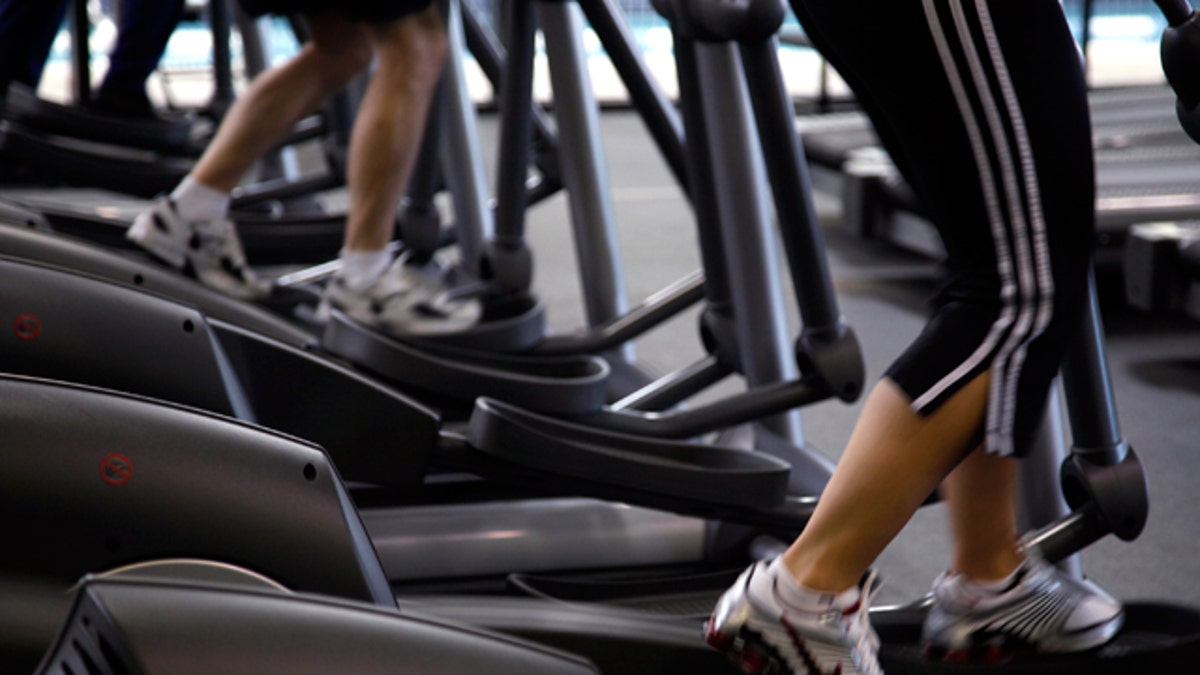
(Reuters)
People who add a little walking to their routines after weight loss surgery decrease their risk of diabetes and improve their heart health more than those who stay sedentary, according to a new study.
“For a large percentage of the severely obese, they may exercise but don’t necessarily gain improvement in metabolic factors, so this is clinically significant,” said lead author Paul M. Coen of the division of Endocrinology and Metabolism in the Department of Medicine at the University of Pittsburgh.
“The fact that we see this isn’t trivial,” he told Reuters Health.
For the study, researchers divided 128 adults, mostly women, who had recently undergone roux-en-Y gastric bypass surgery into two groups. One group received only a health education program while the other group participated in a semi-supervised moderate exercise program as well.
The education-only group attended six sessions per month of lectures, discussions and demonstrations providing information on medication use, nutrition and upper-body stretching.
The exercise group also attended the education sessions plus engaged in two hours of moderate exercise, mostly walking, each week during the six-month study.
Researchers used blood tests before and after the study to measure insulin resistance and glucose tolerance, both indicators of how well the body processes sugar. Poor results are associated with a greater risk of developing type 2 diabetes.
At the beginning of the study, both groups had similar glucose and insulin measures, although they were poorer than levels expected for similar people of healthy weight, the authors write in the Journal of Clinical Investigation.
Insulin tolerance levels improved for both groups after surgery, but the greatest improvement was among those who had exercised more than two hours per week.
The same was true of glucose uptake and metabolism, and of measures of cardiorespiratory fitness.
“Insulin sensitivity and cardiorespiratory fitness are both important indices of metabolic health,” Coen said. “Any improvement in both is likely to reduce future risk of cardiometabolic disease.”
Both groups lost a similar amount of weight and reduced their waist circumference by the same amount in the course of the study.
Within three to four weeks after surgery patients will have recovered enough to start exercising, Coen said, and should try any activity they are likely to stick with - whether a gym program, bicycling, swimming, gardening or another option.
Most patients are not very physically active before surgery, but The American Heart Association and American Society for Metabolic and Bariatric Surgery recommend mild exercise before surgery to facilitate postoperative recovery, he said.
National organizations including The Obesity Society recommend that patients adhere to a healthy lifestyle including exercise for 30 minutes per day, but there are no more specific evidence-based pre or post-operative guidelines for physical activity, he said.
“We hope that this study will play a role in formulating patient recommendations in the future, “Coen said.
In addition to other health measures, exercise may help bariatric surgery patients lose more weight after the six-month period this study covered, he said.
“The common dogma is that (surgery) is a magic cure for diabetes and weight and maybe they don’t need to do anything else,” Coen said. “But our results show that there is still room for therapeutic benefit of exercise.”
